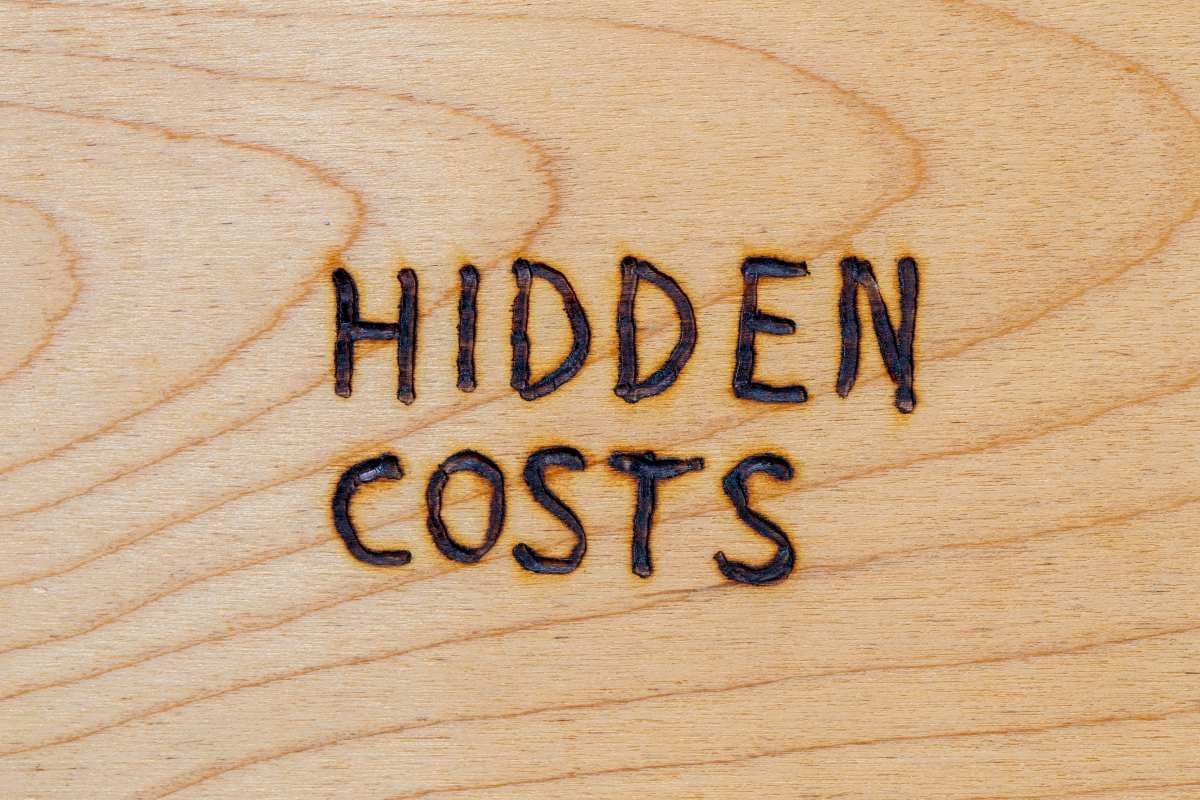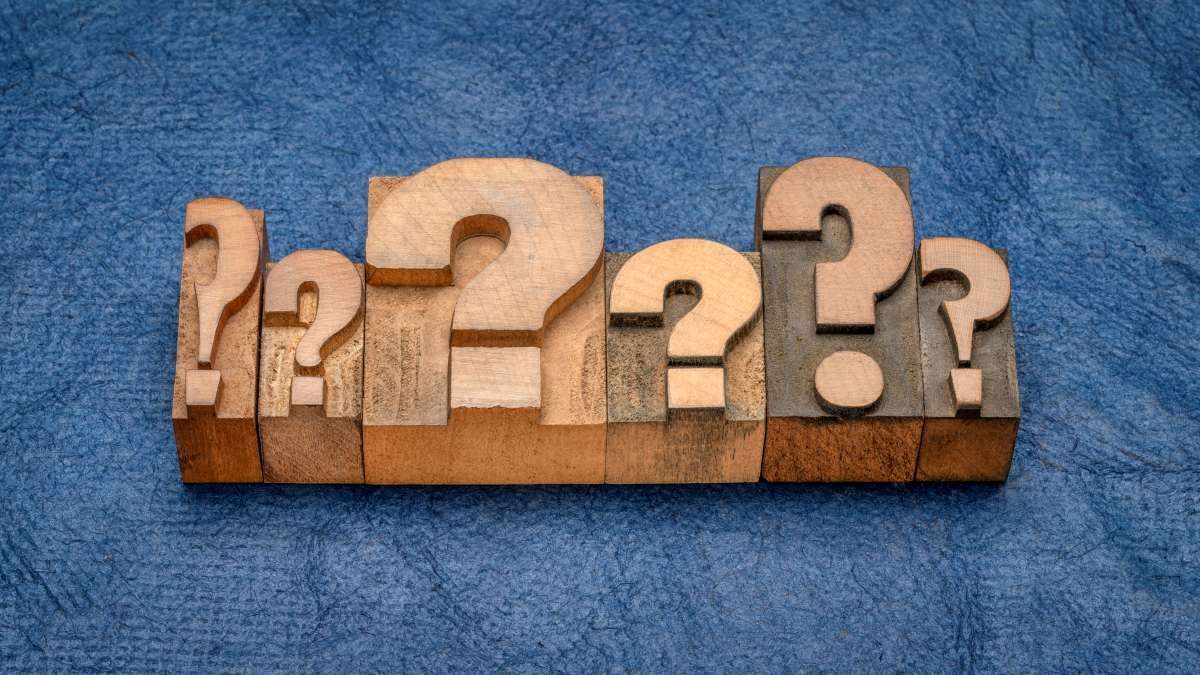How Do I Find My Divorce Records For Free in the UK?

Lost your divorce papers? It's amazing how important documents have a way of vanishing just when you need them most. Maybe you're applying for a mortgage, sorting out pension stuff, or getting remarried. Whatever the reason, tracking down these papers without spending a fortune is entirely possible. Here's the real deal on finding your divorce records without emptying your wallet.
What Are Divorce Records?
Your divorce records are basically the paperwork that proves you're legally divorced. The main documents are the decree nisi/conditional (the initial "yes, you can get divorced" paper) and the decree absolute/final order (the final "you're officially divorced now" document). Depending on your situation, there might also be paperwork about money, property, or children.
Are Divorce Records Public in the UK?
Yes and no. Unlike America, where anyone can dig up who divorced whom, the UK keeps things a bit more private. Your divorce is technically a public record, but that doesn't mean just anyone can have a nosy through your personal business.
All divorces since 1858 in England and Wales are logged in something called the Central Index of Decrees Absolute. Sounds fancy, but it's basically just a massive filing system. The good news? You have every right to get copies of your own documents.
How to Find Divorce Records for Free in the UK
Accessing Divorce Records through the GOV.UK Website
The government website is surprisingly decent for this sort of thing. Head to GOV.UK and search for "copy of decree absolute." You won't get the actual certificate for free (they're not that generous), but you can start the process without spending anything.
They've actually made the website pretty straightforward – one of the few government services where you won't want to tear your hair out halfway through.
Using the HMCTS Website
The His Majesty's Courts and Tribunals Service (bit of a mouthful, I know) runs the court system. Their website lets you figure out which court handled your divorce. This matters because that's where your paperwork lives.
It costs nothing to identify the right court, and once you know where to look, you can go straight to the source.
Free Divorce Records via Local Courts
If you got divorced in the last few years, try contacting the court directly. Many courts will let you pop in and view your records for free – you only pay if you want official copies to take away.
It's worth asking if they can confirm details over the phone too. Some court staff are surprisingly helpful if you catch them on a good day.
Alternative Resources to Find Divorce Records
The National Archives
Did you get divorced ages ago? The National Archives in Kew might have your records. Their search catalogue is free to use online, and you can visit in person to view documents without paying a penny.
It's a bit like a library – you'll need a reader's ticket (free), and there's something satisfying about handling the actual historical documents. Just don't expect a speedy process if your divorce was from the 1960s.
Online Databases and Third-Party Websites
There are loads of websites claiming to offer "free" divorce record searches. Take these with a massive pinch of salt. The search might be free, but they'll almost certainly want your credit card details before showing you anything useful.
If you're already working with best family lawyers near me for other reasons, they might be able to help. Solicitors often have access to records through professional channels that the general public doesn't.
Tips for Accessing Divorce Records Efficiently

What Information You Will Need
Before you start hunting, gather what you know:
- Both your names (including any maiden names)
- When you got divorced (even roughly)
- Where you think the divorce happened
- Any case numbers if you have them
The more detail you can provide, the less time you'll waste chasing down dead ends.
What to Do If Records Are Not Available
Can't find anything? Don't panic. If your divorce was many years ago or processed in a court that's since closed down, records might have been moved or archived.
Try the Principal Registry of the Family Division as a last resort – they're like the final authority of divorce paperwork. Also worth checking if you might have divorce papers stored with other important documents, like house deeds or name change certificates.
Common Issues When Accessing Divorce Records
Privacy Concerns and Restrictions
While your own records are fair game, trying to get someone else's divorce papers is trickier. Even for deceased relatives, you'll need to prove why you need them and your relationship to the person.
For family history buffs, you might get limited access to historical records, but anything else will likely be redacted.
Fees for Official Divorce Copies
Let's be honest – while viewing records might be free, getting official copies usually costs money. Current prices are around £65 from the original court or £30 from the Central Family Court for divorces over five years old.
If you just need to confirm details rather than get official paperwork, that's where the free options come in handy.
Final Thoughts
Finding divorce records without spending money is doable if you know the system. Start with the free resources, be persistent, and only pay for official copies if you absolutely need them.
And next time you get important documents, maybe take a photo on your phone – your future self will thank you for it!












